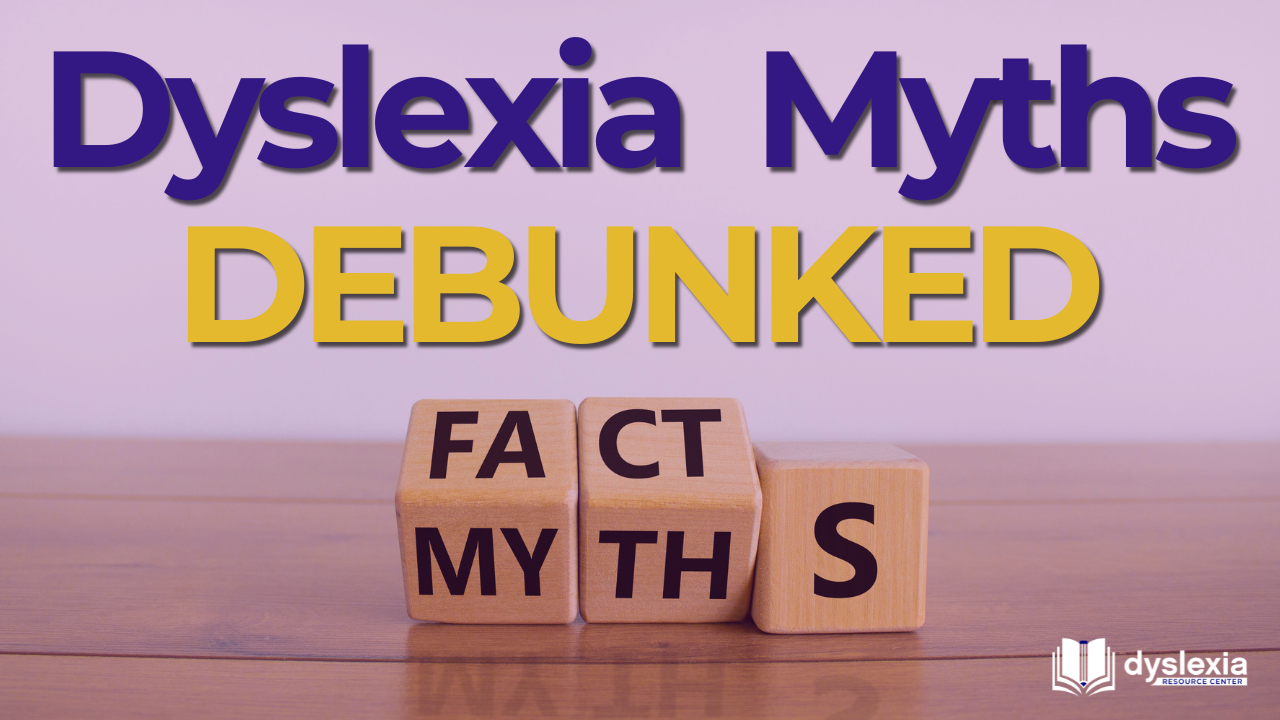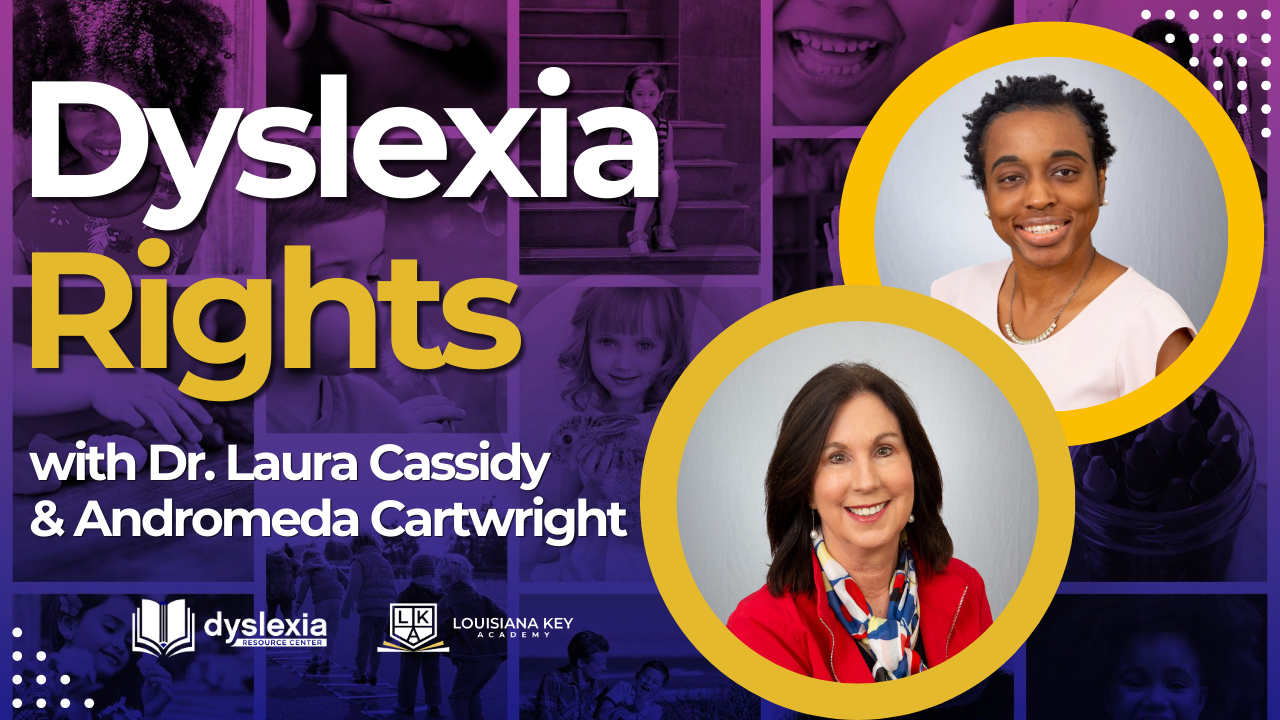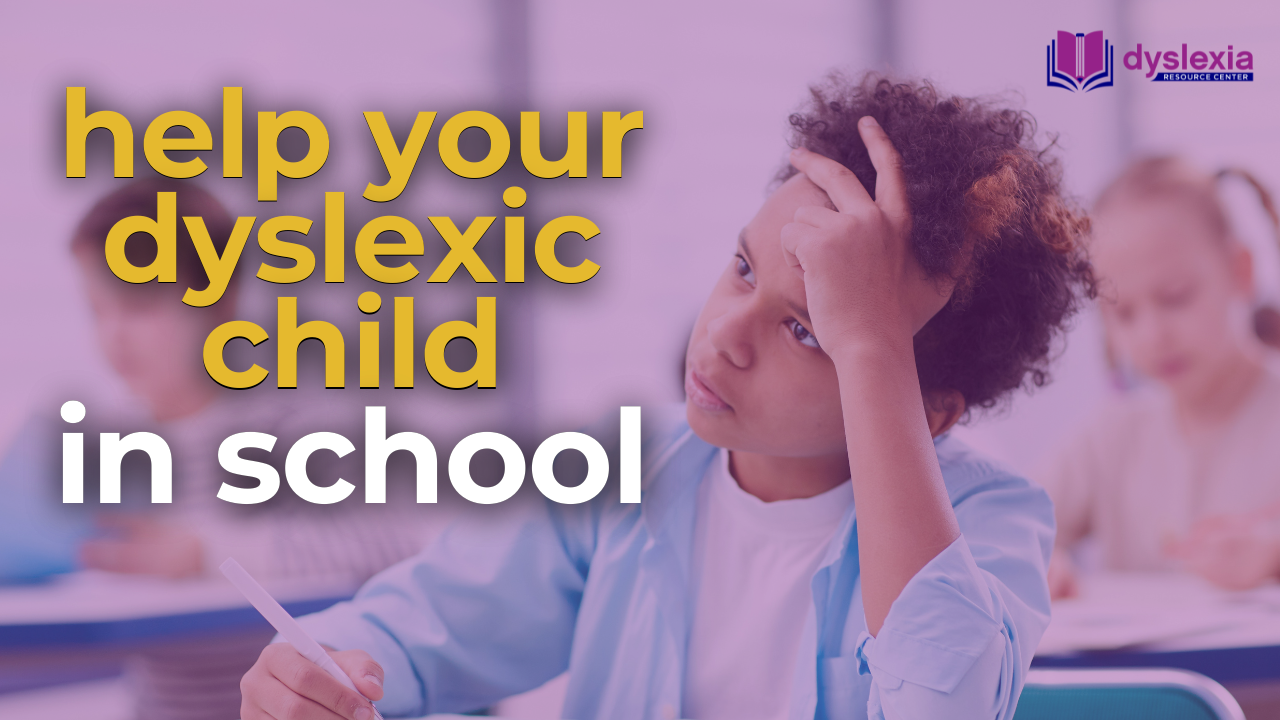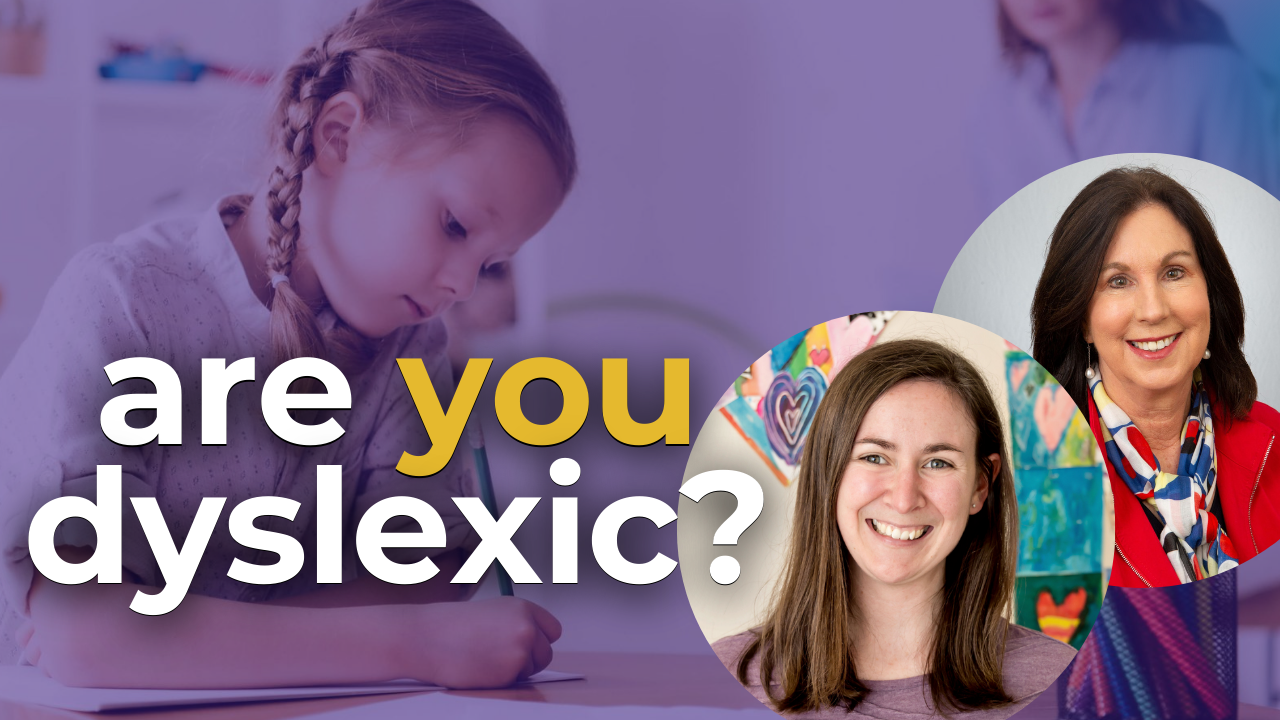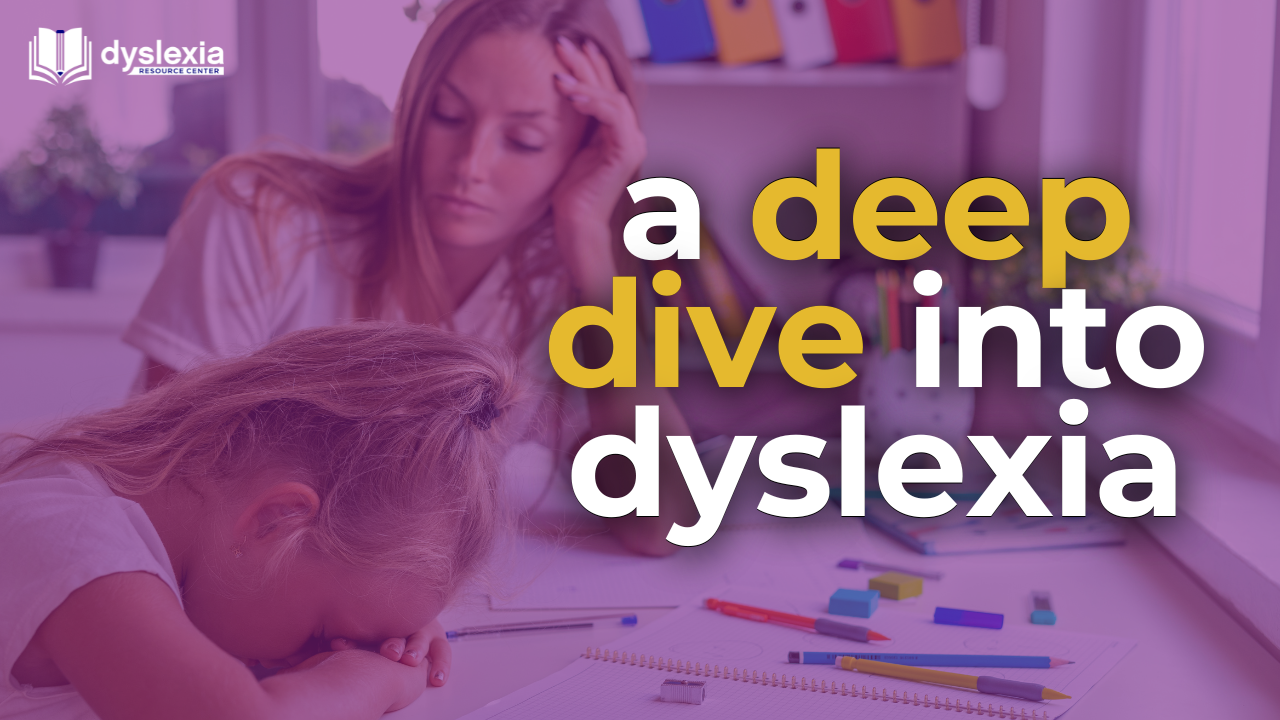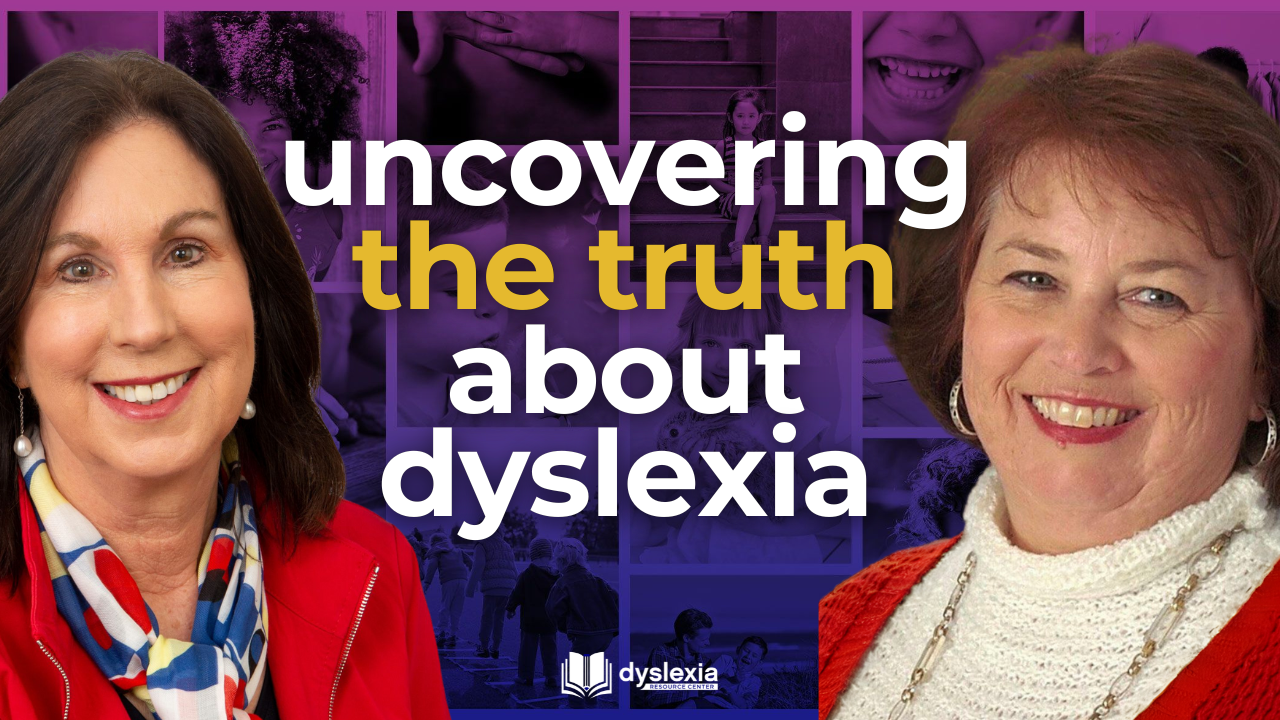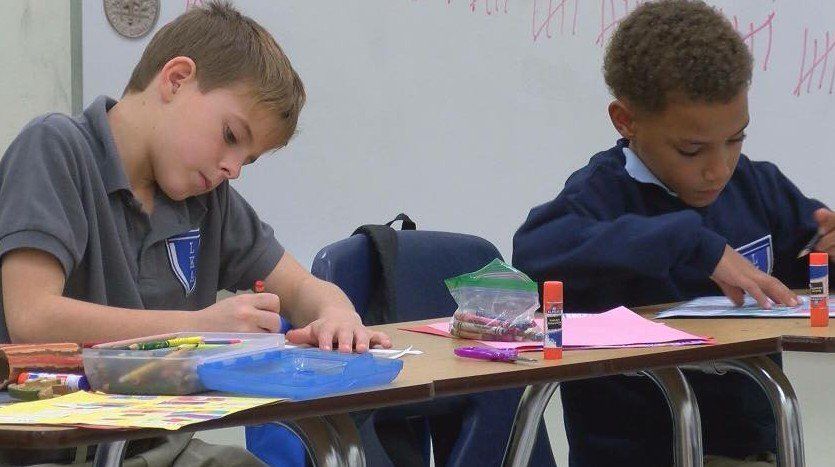Call Us (225) 384-5484
Evidence And Not Theory About Dyslexia

Louisiana Key Academy finishes its fifth year in May! LKA serves 330 children with dyslexia in 1st through 6th grade and will add 7th grade in August. A celebration is in order but reflection on the past and plans for the future is also necessary.
LKA is set up as a “best practice” model so that it can be replicated to help children with dyslexia, no matter their location or parental income. The Dyslexia Resource Center was established in October, 2016 to help and encourage others to replicate LKA. “Best practice” is a term used in medicine and implies that LKA has used the most current evidence and represents the highest standard.
The most current evidence about dyslexia is difficult to convey as the evidence is scientific and not educational theory. The evidence may be difficult to understand but it is evidence that has been duplicated and published in peer review journals. If evidence is found to refute what we currently profess, we will admit that and change our actions to mirror new evidence.
As an example- I removed parts of a person’s stomach for peptic ulcer disease when the current science held that the parietal cells in the stomach were responsible for stomach ulcers. When new evidence showed that it was bacteria that caused ulcers, I and others, never again removed stomach tissue but instead treated the ulcer with Peptol Bismol or an equivalent. Obviously, removal of stomach with the new evidence would be malpractice.
Does malpractice exist in education?
The NAEP scores were released this week and again show unacceptable reading levels for many of our children. Many of those children are dyslexic and are not identified and will never read near grade level. Unfortunately, misinformation about dyslexia is published in throw away journals as “theory” not evidence, which leads to confusion. LKA and the DRC will continue to advocate for the proven yet complicated evidence and we will try to present it in an understandable way for parents and educators.
“..speaking is natural for the human brain, reading is artificial. Our brains have only been doing it around 5,000 years. Decoding visual images into sounds takes time to learn. While 80% of the population does this automatically, dyslexics do it manually, in part because they rely on a less-efficient part of the brain” (Dr. Sally Shaywitz, Houston Chronicle, April, 2018). The dyslexic has to learn that print must be broken down into the smallest parts of the spoken word, the phoneme. The alphabet and print have sound to it!
It is not a visual or hearing problem. Reading, writing, spelling and speaking all involve the connection of print to speech or speech to print/reading.
Dyslexia can be difficult to understand but it is imperative that we get the real truth out so time or money is not wasted and dyslexic children are identified and reach their full potential. Please reach out and let us help your child or school.


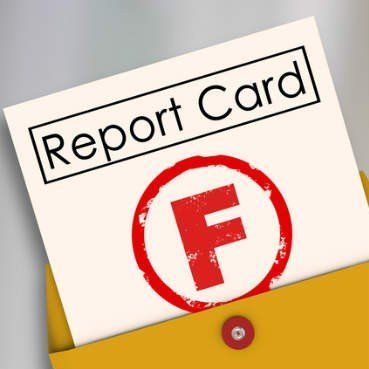
Quick Links
What is Dyslexia?
Dyslexia Services
WHO WE ARE?
The Dyslexia Resource Center was started by a group of concerned parents, medical doctors, and advocates who simply want everyone to know the truth about dyslexia, based on the most current science, and how that knowledge can translate into success in the classroom.
WHAT IS DYSLEXIA?
An unexpected difficulty in reading for an individual who has the intelligence to be a much better reader.
All Rights Reserved | Dyslexia Resource Center

